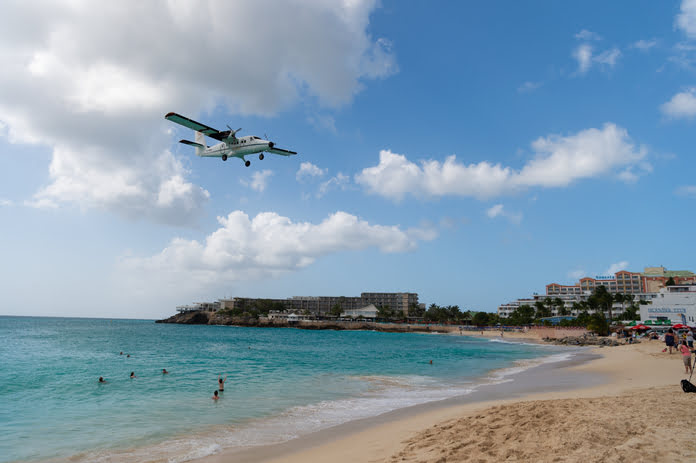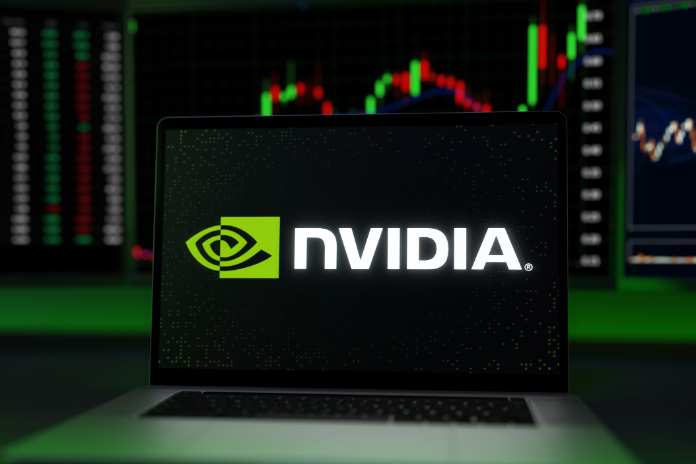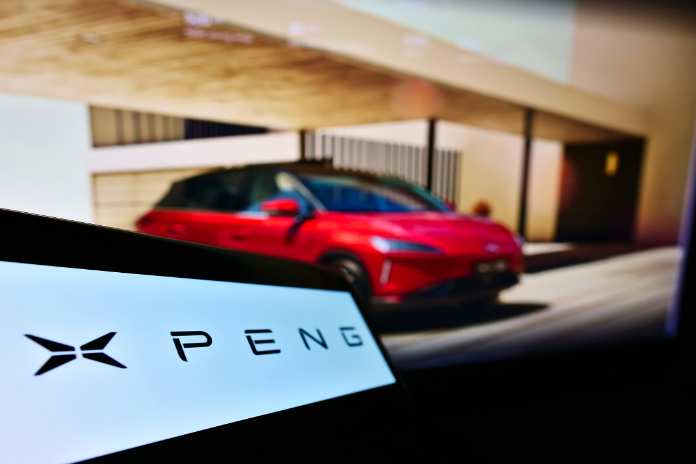Boeing Stock (NYSE:BA)
When the Paris Air Show kicks off on Monday, investors who are buying into the post-Covid recovery of the commercial aerospace industry will get an important update about the industry, including the burning issues of sustainability and supply-chain snags. These issues will be discussed at the show.
Things have, on the whole, been trending in the right direction for some time now. The International Air Transport Association (IATA) reported on June 1 that industrywide traffic in April was 46% higher than it was a year earlier and at 91% of its pre-Covid levels. This information was based on data from April. When compared to levels before the pandemic, domestic air travel was 3 percent higher.
Both Boeing (NYSE:BA) and Airbus (AIR.France) have seen their share prices increase by roughly 65% and 35%, respectively, over the course of the past year as a direct result of an increase in the number of people flying by airplane.
During the first day of the Paris Airshow on Monday, Airbus announced a record-breaking 500-plane deal with the Indian airline IndiGo. This announcement came as strong demand for jets and missiles competed for attention with the industry’s supply chain problems.
The multibillion-dollar deal for single-aisle planes, which was confirmed by a Reuters report earlier this month, is the largest ever by number of aircraft. It surpassed Air India’s provisional purchase of 470 Airbus and Boeing jets earlier this year.
After the 2021 event was canceled due to the pandemic, the world’s largest air show is returning to Le Bourget for the first time in four years. The show alternates locations with Farnborough in Britain, which hosts the event every other year.
Emmanuel Macron, the current President of France, arrived by helicopter at the jam-packed aerospace bazaar, where he observed a flying demonstration that included the most recent jet development from Airbus, the A321XLR, as well as air power, including the Rafale fighter from France.
On the civilian side, aircraft manufacturers arrived with rising expectations for demand as airlines race for capacity to meet demand and assist the industry in reaching its goals of reaching net zero emissions by the year 2050.
The semi-annual show, which began in 2019 and will continue until June 25 this year, is expected to move both stocks.
It would appear that investors enjoy both the show and the news it brings. Since 1997, the average gain in Boeing shares during the month prior to the show and during the month following it has been a respectable 5.6%. Over the course of those 12 trading sessions, the share price has increased seven times and decreased five times.
However, as a result of the forward-looking nature of the stock market, the majority of that gain occurred in the month prior to the show, when Boeing stock gained an average of 5.1%. It would appear that investors are selling the news, as Boeing stock has declined by an average of 2.3% while the show is airing but has recovered another 2.9% in the weeks that have followed.
The pattern of success followed by failure and then renewed success does not always follow this sequence because, of course, every show has its own set of problems and concerns.
Years like 2001, when Boeing presented a conceptual plan for a supersonic jet, are examples of years with especially significant news. despite the fact that a commercial version of that plane was never produced. 2005 was the year that the Airbus A380 made its debut, and 2007 was the year that Boeing introduced the 787 Dreamliner. Even though it was a different size, the 787 handily defeated the A380 in the market because it offered lower costs, which allowed for more long-haul direct routes to be established.
This year, investors can anticipate hearing more about sustainability and the utilization of sustainable aviation fuel, also known as SAF, which is fuel for jet aircraft that is derived from plant oils that are inedible. Recently, General Electric (NYSE:GE) carried out a survey regarding the topic of sustainability in the aviation industry with the participation of 325 “aviation decision-makers” from all over the world.
Thirty percent of respondents believe that sustainability is the most important challenge that the industry is currently facing. Problems with the supply chain came in second, with 19% of respondents naming it as the most pressing concern.
There are currently no batteries that are big enough, powerful enough, or light enough to make the equivalent of a 737 Tesla (NASDAQ:TSLA), which makes reducing carbon emissions, an essential component of the equation for sustainable development, a challenging problem. Additionally, higher prices for oil and carbon lead to higher prices for airline tickets, which in turn threatens demand.
Sheila Kahyaoglu, an analyst at Jefferies, wrote recently that Airbus may be able to shed light on the current situation regarding the supply chain. Wednesday is the day that the European aircraft manufacturer is expected to provide an update while they are in Paris. In contrast to the aerospace supplier Raytheon Technologies (RTX, which has an update scheduled for Monday beginning at 2:30 am Eastern time, Boeing did not have any events listed for after the market closed on Friday. Again beginning at 2:30 in the morning, GE will speak on Tuesday.
Boeing’s presence at the Paris Air Show demonstrated its commitment to aerospace innovation, excellence, and sustainability. The demonstration of the ground-breaking Boeing 777X, the outstanding Dreamliner series, ground-breaking AI solutions, and strategic partnerships showed the unwavering commitment to influencing the aviation future.
Featured Image: Freepik @ romeo22















